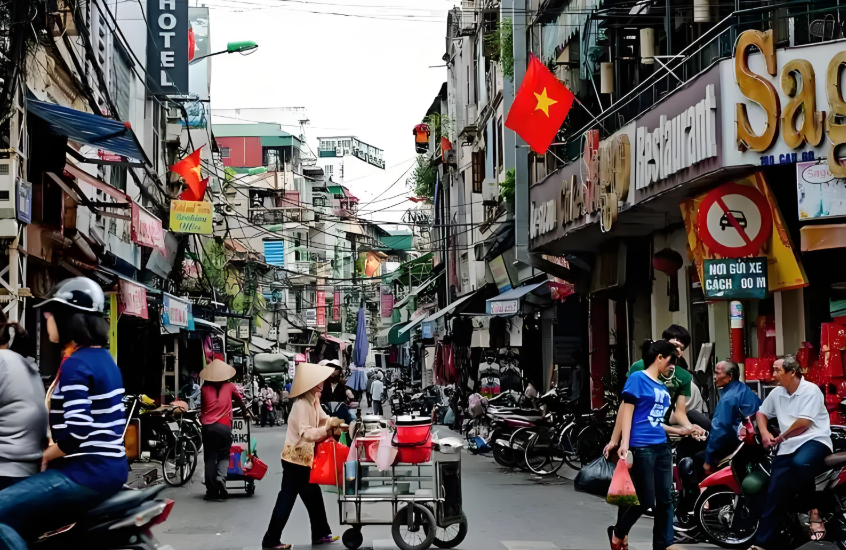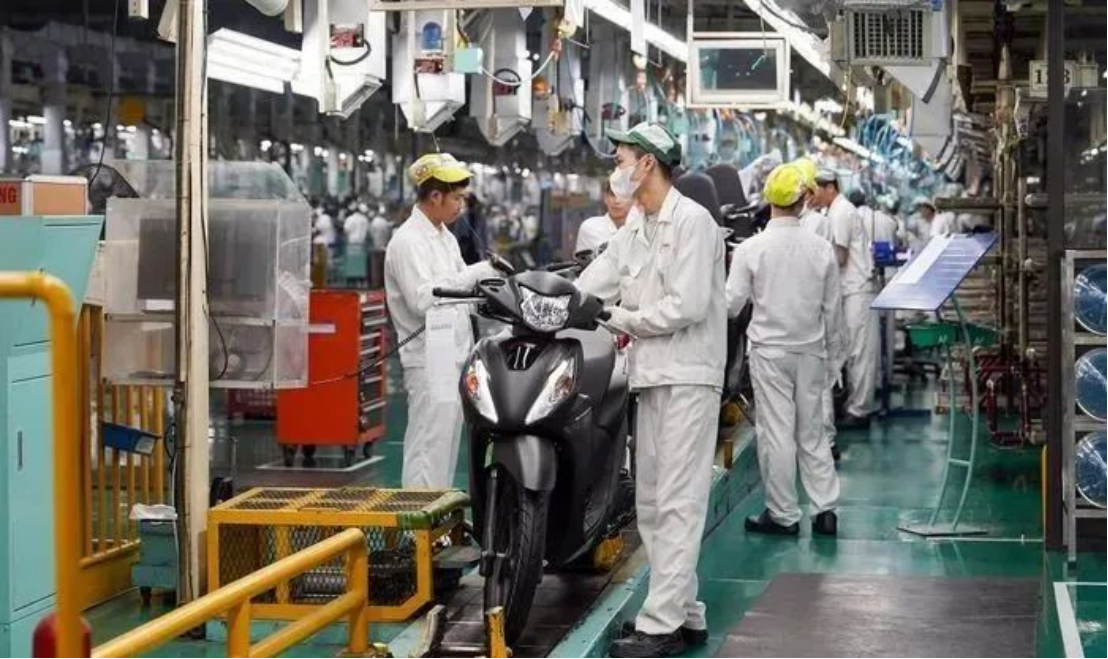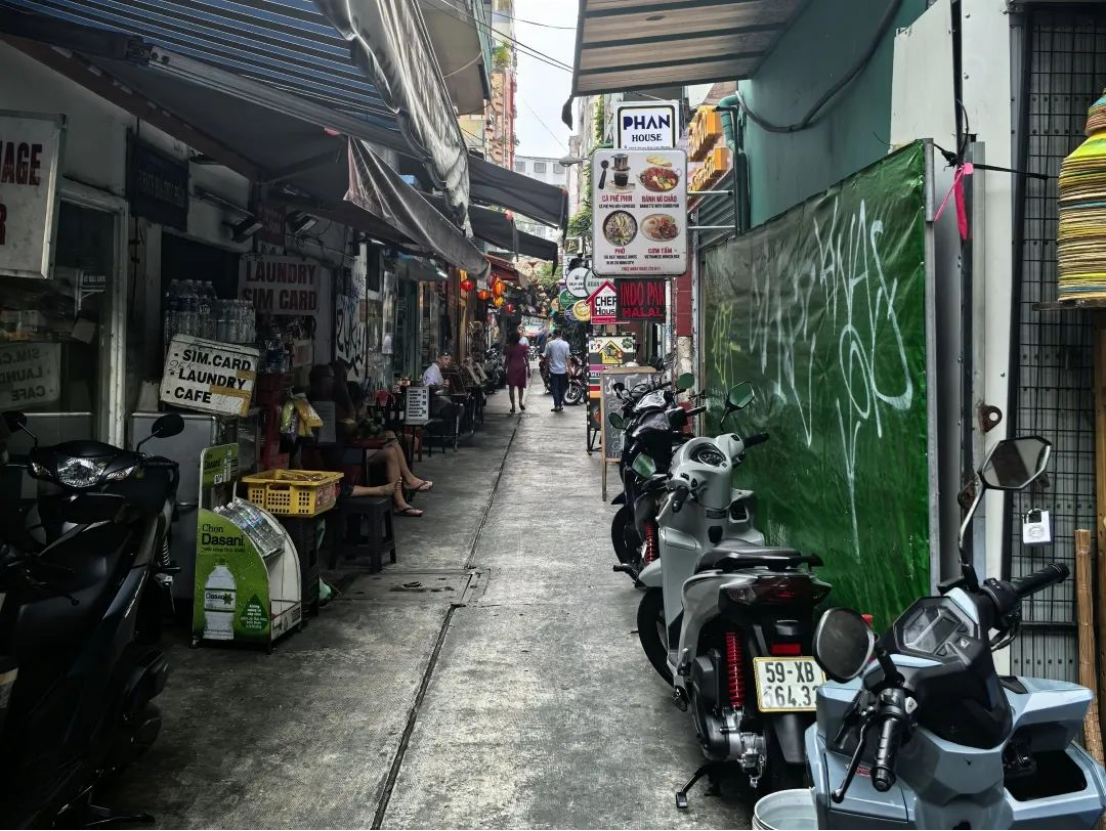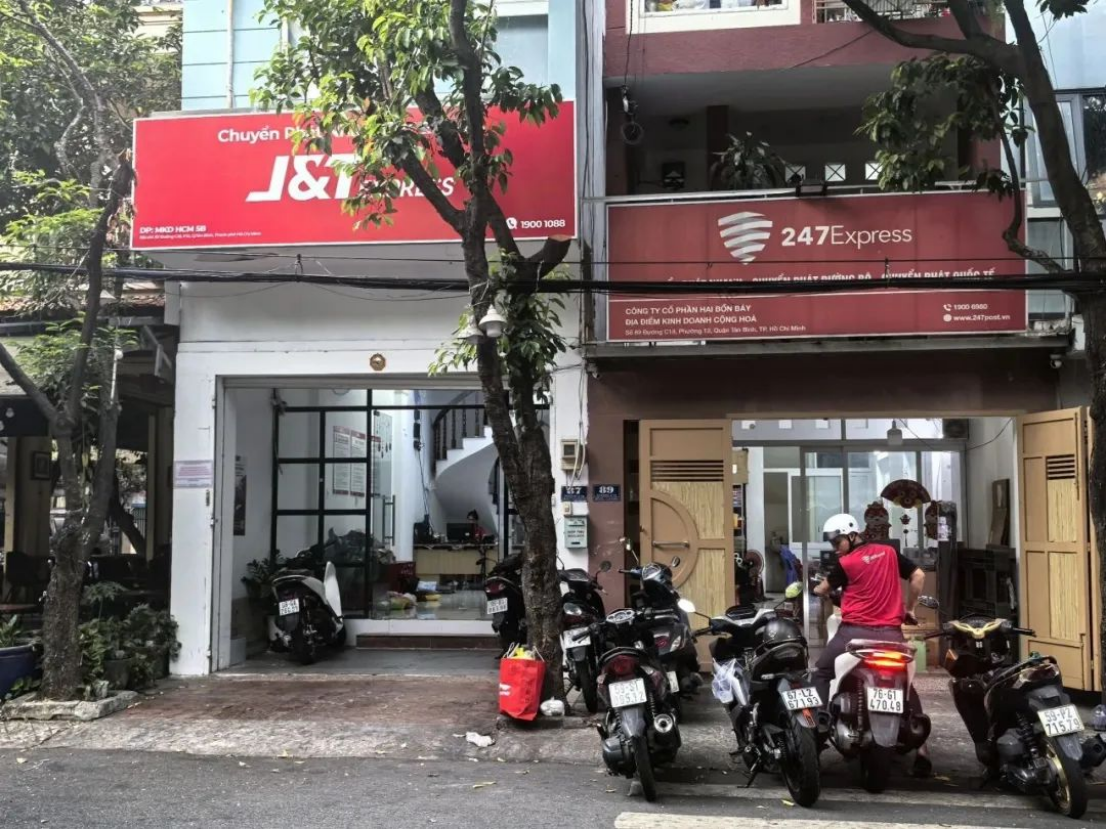Vietnam is not only a microcosm of the Southeast Asian market but also a crucial testing ground for Chinese electric vehicle enterprises to verify their "overseas expansion model". Through Vietnam, Chinese enterprises can accumulate experience in dealing with complex market conditions (such as mountainous terrain and diverse policies) and radiate to larger markets such as Indonesia and the Philippines by leveraging the tariff preferences of the ASEAN Free Trade Area.

It is predicted that the scale of the Southeast Asian electric two-wheeler market will exceed 44 billion US dollars by 2029, and if China can take a dominant position,it will reshape the global two-wheeler industry pattern.

According to its commitment at the 2021 COP26, Vietnam plans to achieve net-zero emissions in the transportation sector by 2050. Starting from 2022, the consumption tax on battery electric vehicles (BEVs) has been reduced to 1%-3% (down from the original 15%-70%). Additionally, BEV buyers are exempted from registration fees for the first three years, and the registration fees will be halved for the subsequent two years. Imported components used in the production of electric vehicles are exempt from taxes until 2027.

A core pain point that cannot be ignored lies in the construction of charging infrastructure. While major cities have achieved a certain level of charging pile coverage, the charging infrastructure in remote areas remains inadequate.

In terms of batteries, to cut costs amid fierce market competition, some enterprises use low-quality batteries, leading to severe issues such as false claims about battery capacity, fires, and explosions. Furthermore, Vietnam's battery industry chain is not yet fully developed: core components rely on imports, localized production is still in the initial stage, and there are obvious technological shortcomings.

In the past two years, major Chinese two-wheeled electric vehicle (E2WV) manufacturers have begun to formally enter the Vietnamese market. Companies including Yadea, Tailg, and Aima have all established assembly plants in Vietnam, while NIU (Ninth) Electric Vehicles are also being produced in Vietnam through OEM (Original Equipment Manufacturing) for export. Currently, Yadea has more than 400 stores in Vietnam, and its estimated sales volume in 2024 is approximately 120,000 units.

To achieve the leap from "export trade" to "brand export," Chinese enterprises need to focus on three core pillars: technological innovation, in-depth localization, and industry self-regulation.
If Chinese enterprises can integrate technological innovation, local insights, and ecological co-construction, they are expected to take Vietnam as a starting point, dominate the two-wheeled electric vehicle market in Southeast Asia, and further reshape the global industrial landscape.
